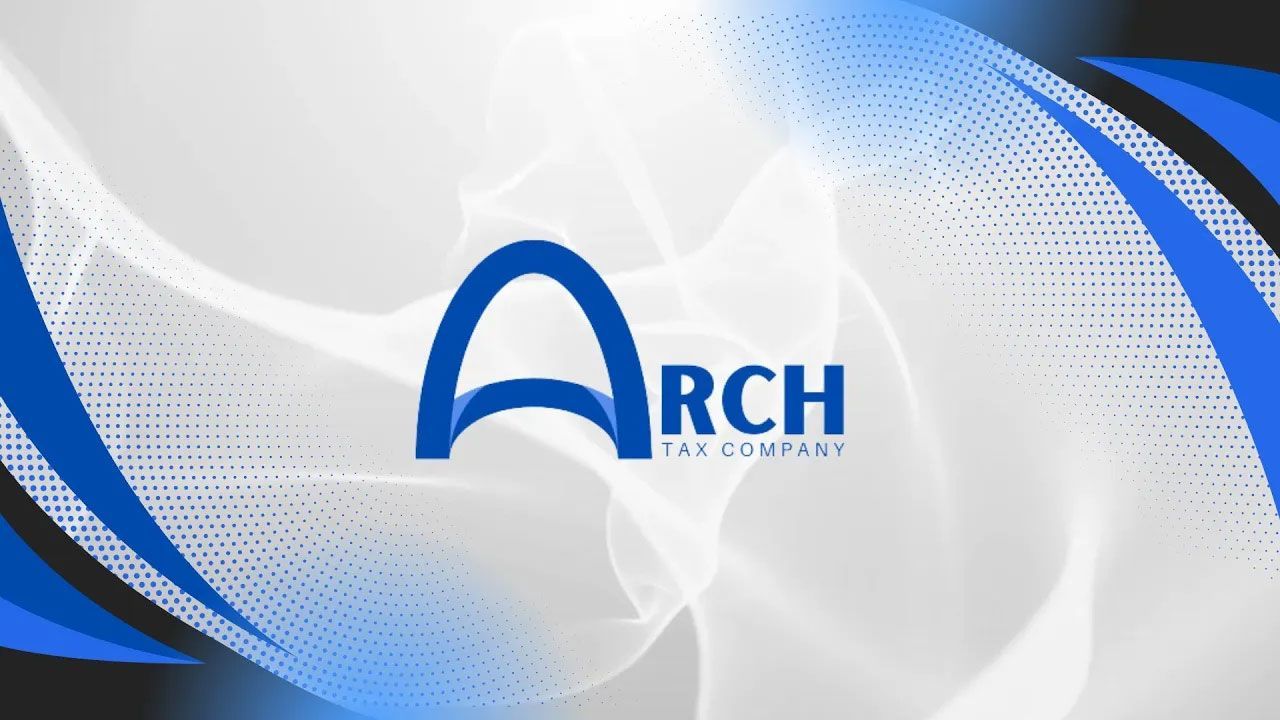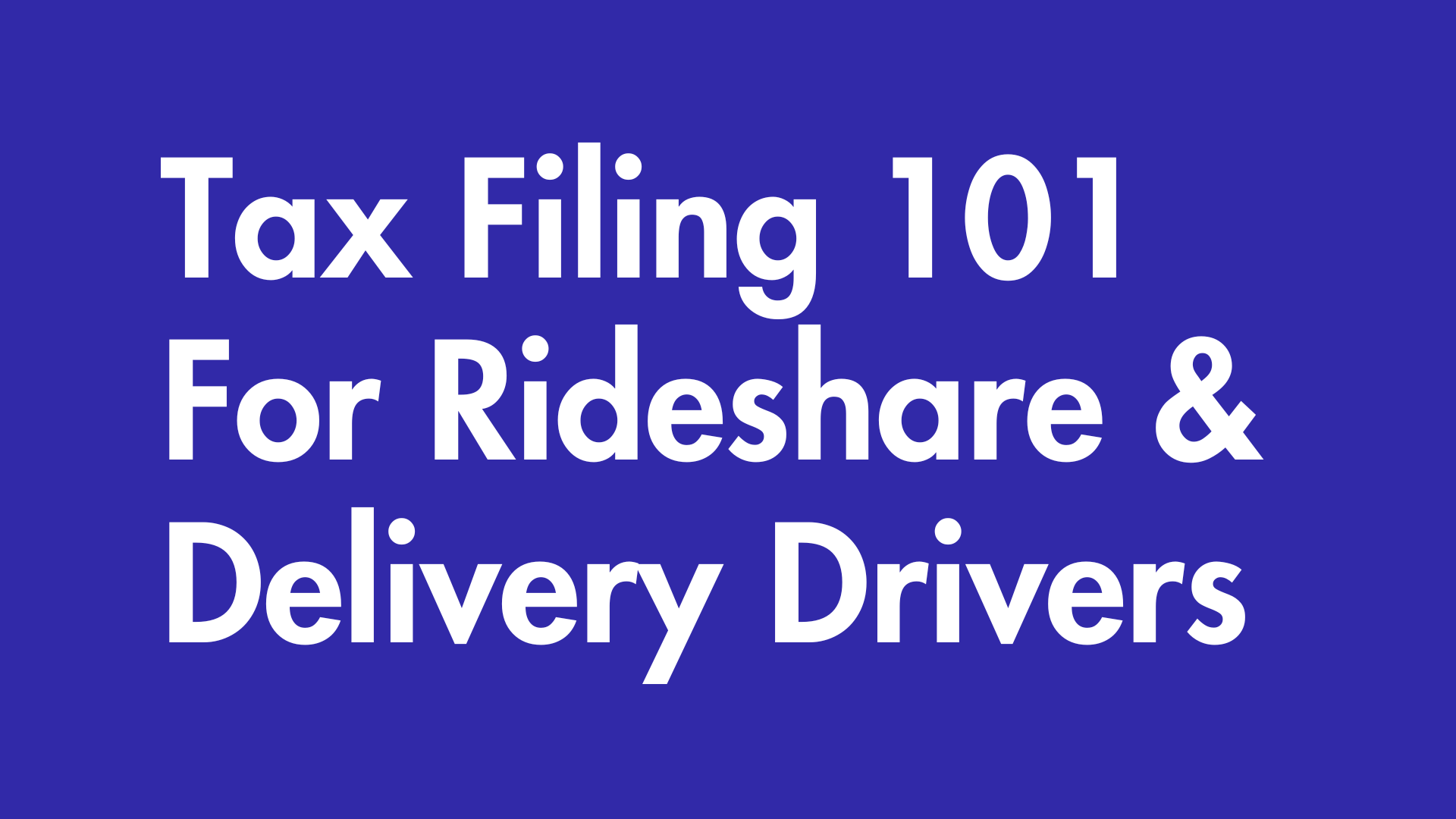GET A FREE QUOTE TODAY - CALL US +1 (844) 556-3073
Divorced? Here’s How to Handle IRS Joint Tax Debt!
Understanding Joint and Several Liability
When you file married filing jointly, the IRS holds both spouses responsible for the entire tax debt. This means:
- The IRS can collect 100% of the balance from either spouse
- Your divorce decree does NOT override the IRS’s ability to collect from you
- The IRS will not automatically split the debt 50/50
This surprises many taxpayers who assume their divorce decree protects them from responsibility. Unfortunately, the IRS does not follow family court orders when it comes to collecting tax debt.
How to Separate Your Tax Debt After Divorce
The best way to handle tax debt after a divorce is through a process called mirroring. This process does not eliminate your liability, but it allows you to address your tax balance individually, without your ex-spouse being involved.
- Mirroring takes about 90 days
- Once complete, each spouse can negotiate their own resolution with the IRS
- This means you can qualify for tax relief based on your financial situation
Mirroring doesn’t mean the IRS splits the balance in half—it simply allows each ex-spouse to handle their portion of the debt independently.
Watch the Full Video Explanation Here:
Need Help Resolving IRS Tax Debt?
At Arch Tax, we help taxpayers navigate complex IRS issues, including joint tax debt, audits, and tax resolution strategies. If you need help separating your liability or negotiating a settlement, click here and contact us today!











